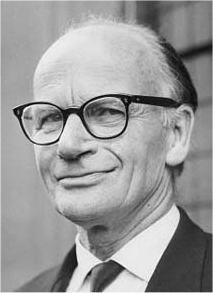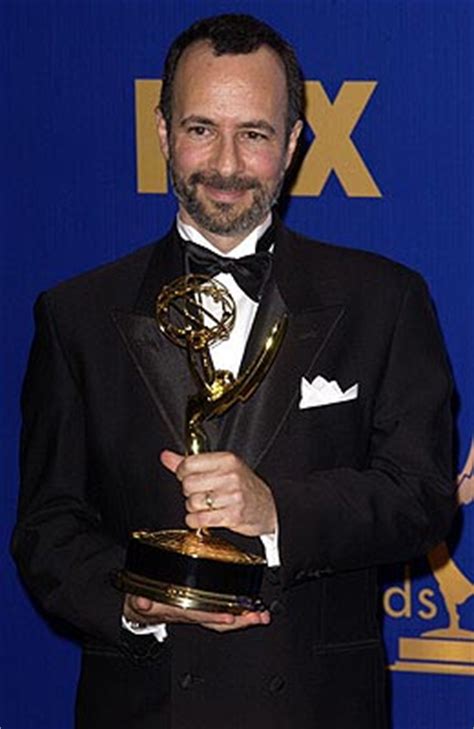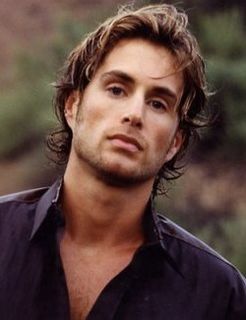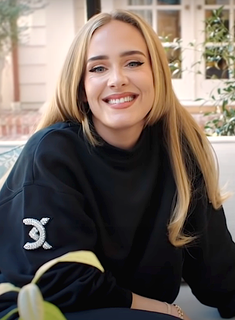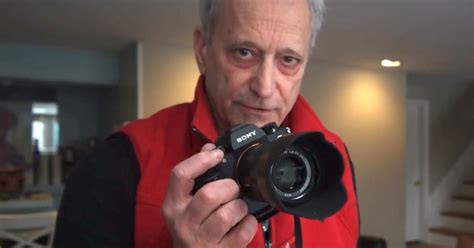A Quote by Stephen Potter
Your function as a critic is to show that it is really you yourself who should have written the book, if you had had the time, and since you hadn't you are glad that someone else had, although obviously it might have been done better.
Related Quotes
I had written a book. For various reasons, the publishing industry had decided that my book was going to be 'important.' The novel had taken me 12-and-a-half years to write, and after being with the book for so long, I had no real perspective on the merits or demerits of what I had written. I hoped it was good, but feared that it wasn't.
Toni Morrison said, "The function of freedom is to free someone else," and if you are no longer wracked or in bondage to a person or a way of life, tell your story. Risk freeing someone else. Not everyone will be glad that you did. Members of your family and other critics may wish you had kept your secrets. Oh, well, what are you going to do?
AMD's history is we've always had great technology. We've had periods of time where we've done really, really well, and we've had periods of time where we've done not so well. But most of the time we've done well, it's because we've had a leadership product or some technology where we were out in front before anybody else.
I'd just written the book Ocean Of Sound, and this terrible thing happened in my life: my wife committed suicide. I was a single parent because of that; I was completely shattered. I had a book that I'd just finished that had been produced through a really, really terrible period, but I had managed to finish it.
Do you think that civilization advances because of things written in books? Not a bit of what is written in books ever got there until after the thought of it happened in someone's mind. Someone first had to collect it from space, or recollect it from its electrical pattern to which he (or she) had been attuned. The book is but a record of what has already happened.
I never have [suffered writer’s block], although I’ve had books that didn’t work out. I had to stop writing them. I just abandoned them. It was depressing, but it wasn’t the end of the world. When it really isn’t working, and you’ve been bashing yourself against the wall, it’s kind of a relief. I mean, sometimes you bash yourself against the wall and you get through it. But sometimes the wall is just a wall. There’s nothing to be done but go somewhere else.
I've been singing properly every day since I was about fifteen or sixteen, and I have never had any problems with my voice, ever. I've had a sore throat here and there, had a cold and sung through it, but that day it just went while I was onstage in Paris during a radio show. It was literally like someone had pulled a curtain over it.
I would like to go back in time and remind myself that when you're working in music field, it's very easy to overestimate how much of yourself you have to give. It's obviously a competitive field, and it's hard work, and it matters if it's something that you care about, so you have to really pour yourself into it. But I wish I had been more aware of my limits when I was younger. I wish I had understood better that everyone is going to be looking out for their own interests, but the only person who is looking out for your best interests is you.
As an emerging photojournalist in the early 70s, my focus was on trying to create stories for magazines to the exclusion of almost everything else. I wish someone had told me then that the most personally important pictures you’ll ever make are those about you and your life. I’m glad I had the chance to work for some great magazines, but I really miss those little everyday images, the ones that take place in and around your own life, which will never make the news. Don’t sell yourself short: photograph your own life, not just everyone else’s.
If you had been a public figure from the time you were a toddler, if you'd had to fight for a life that felt real and honest and normal against all odds, than maybe to you might value privacy above all else. I have given everything up there from the time that I was three-years old. That's reality show enough, don't you think?
At that moment a very good thing was happening to her. Four good things had happened to her, in fact, since she came to Misselthwaite Manor. She had felt as if she had understood a robin and that he had understood her; she had run in the wind until her blood had grown warm; she had been healthily hungry for the first time in her life; and she had found out what it was to be sorry for someone.
